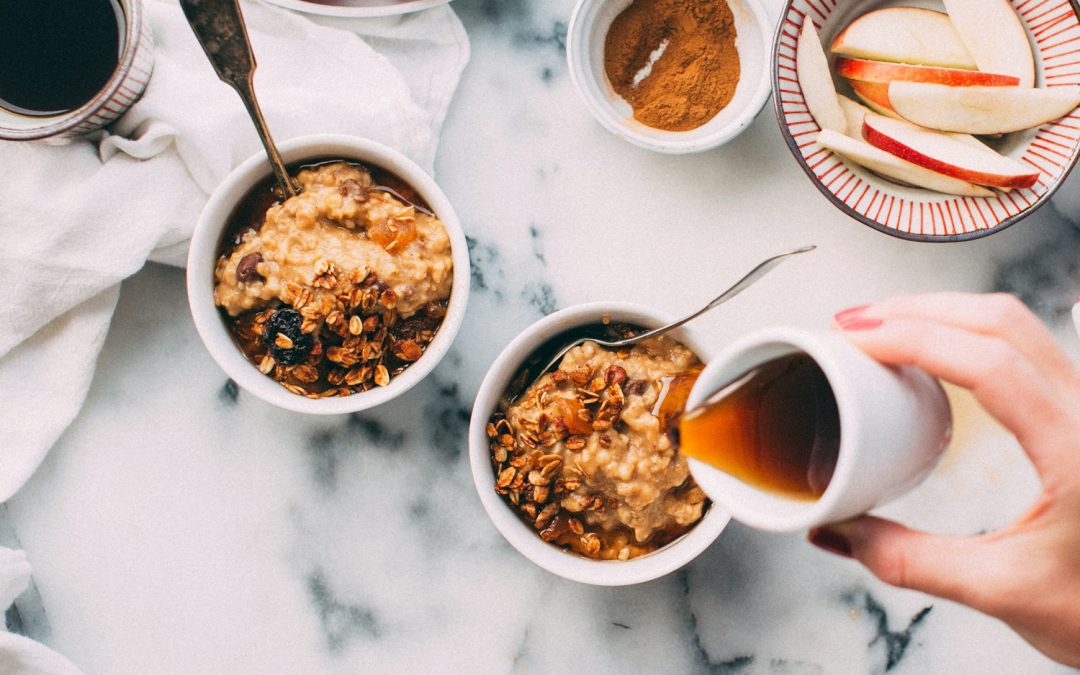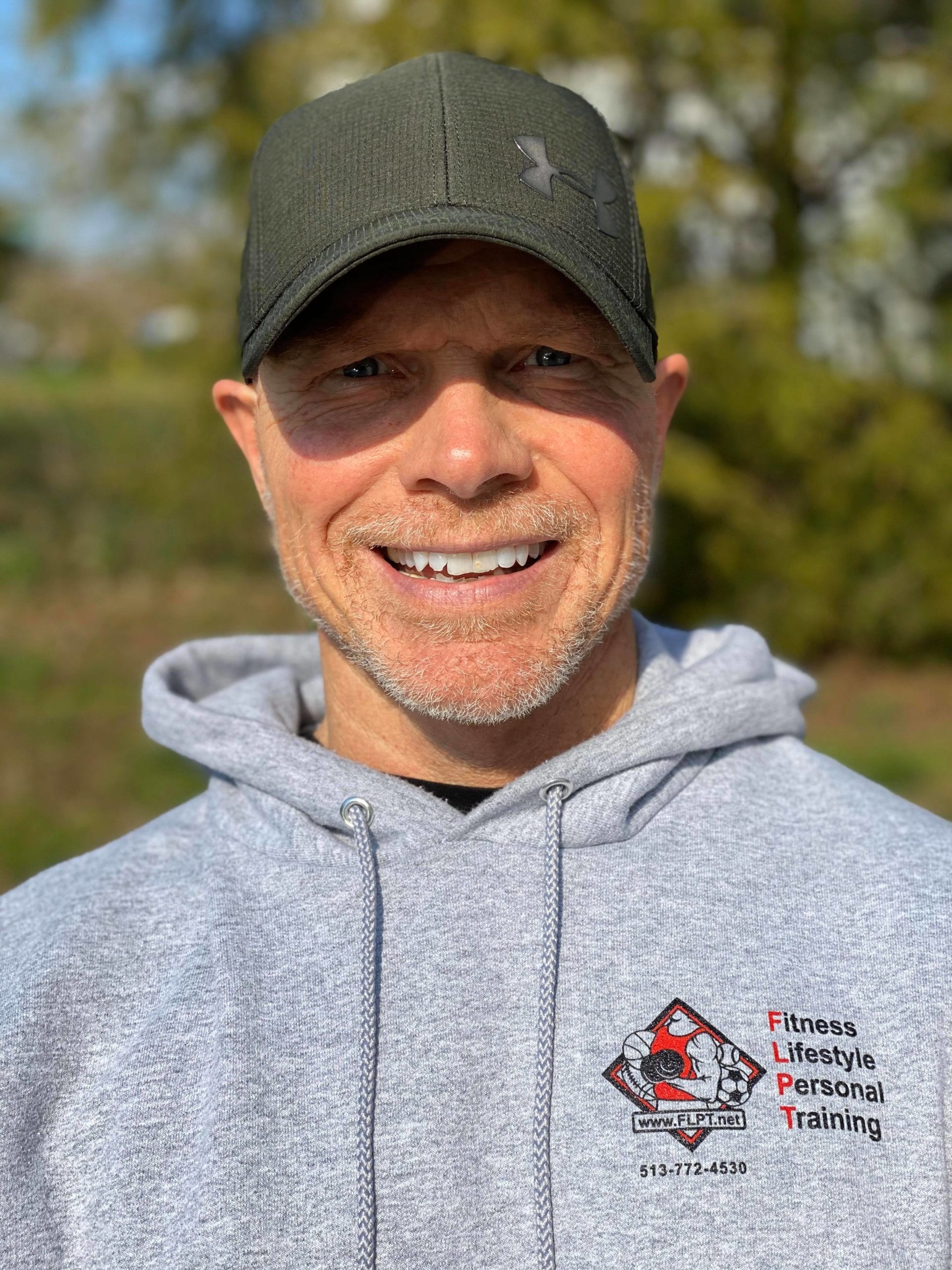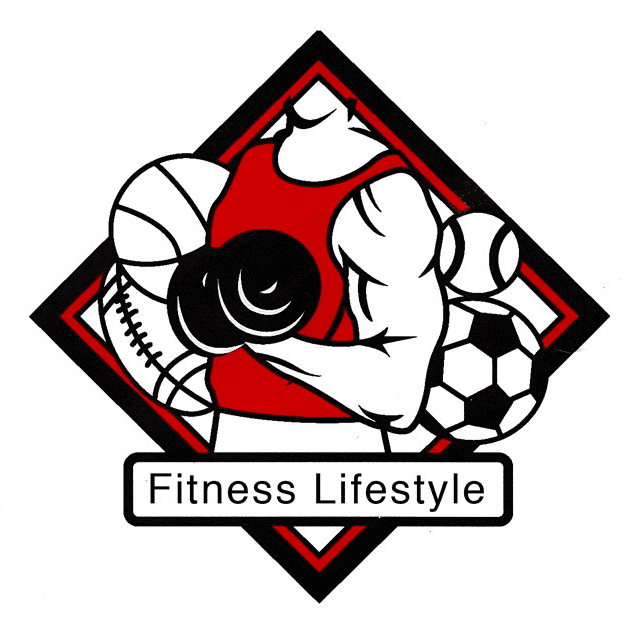I’ve got some pretty cool (and weird) human facts for you today. They have to do with your metabolism and I hope at least one of them leaves you feeling empowered!
As I mentioned before, it’s tempting to think of your metabolism as something you can “turn up” or “turn down” … but the fact is, metabolism is a complicated process that happens in your cells – and the more cells you have, the faster your metabolism.
(Random fact: the average person has 30 trillion cells! That’s a lot of cells … and a lot of metabolism.)
The biggest chunk of your calorie burn (aka your metabolism) happens just to keep you alive – it’s known as your BMR, your basal metabolic rate. BMR can vary a LOT between people.
Some things that impact your BMR are things you can’t control – genetics, gender, and more (we’ll get into some of this later).
But there’s actually a lot you CAN do to turn up your metabolism, and it has to do with your body composition.
I like to think of these ‘metabolic boosters’ like compound interest … it’s not going to make you rich overnight, but over time, it adds up in a big way!
Here it is …
Add more muscle to your body through your workouts. And I’m not talking about giant Hulk muscles, btw. I simply mean strong, flexible, and supple muscle!
Scientists estimate that every pound of muscle you have burns about 6 calories a day while you’re resting. That’s triple the amount of a pound of fat, which comes in at about 2 calories a day.
So, 10 pounds of fat would burn 20 calories a day, while 10 pounds of muscle would burn 60. Not that impressive.
But over a year, 10 pounds of muscle burns 21,900 calories (a little over 6 pounds), while 10 pounds of fat burns 7,300 calories in a year (around 2 pounds).
That means workouts that build your muscles – whether it’s old-school bodybuilding workouts, or fitness workouts that include weights – have a double-whammy effect!
Not only are you burning calories WHILE you’re doing them, but you get a BONUS burn in the future as you build muscle! Pretty cool, right?
Beyond your workouts, it’s important to get enough protein (between 10% and 35% of your daily calories) to help build, repair, and maintain your muscle.
Want to get even MORE tactical?
The American College of Sports Medicine recommends that if you want to build muscle, on top of adding resistance training to your workouts, you should eat 1.2 to 1.7 grams of protein per kg of body weight per day – which equals 0.5 to 0.8 grams per pound of body weight.
If you need help figuring those numbers for you, I can help!
REFERENCES:
https://www.vox.com/2016/5/18/11685254/metabolism-definition-booster-weight-loss
https://www.healthline.com/health/number-of-cells-in-body
https://www.self.com/story/how-much-does-strength-training-really-increase-metabolism
https://www.acsm.org/docs/default-source/files-for-resource-library/protein-intake-for-optimal-muscle-maintenance.pdf

You can’t get this in a store (best gift ever)
I have a serious question for you today: What are you getting YOURSELF this year? (Hint: it doesn’t have to be anything you have to buy!)

Is your “comfort zone” really that comfortable? 🤯
The other day I ran into a former client and he told me a story I immediately knew had to share with you. I hope it inspires you to start thinking more seriously about the BIG things on your bucket list!

“Fancy” oatmeal recipe mix inside!
Normally I share healthy, quick, and easy recipes, and while this one is definitely HEALTHY and EASY — it does take a little prep time

Small victories = BIG wins
You know those moments when you feel like you’re up against a challenge SO big, it seems like there’s no way out? Maybe you feel like you have a lot of weight to lose, or maybe you’re up against a health concern that seems “impossible” to fix.


